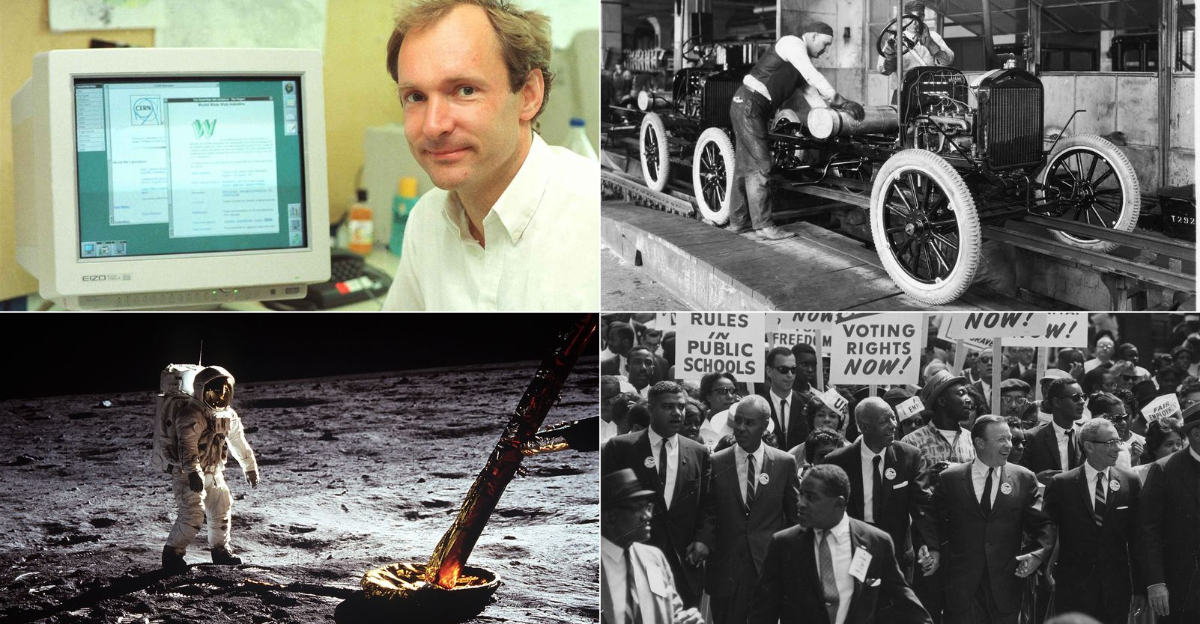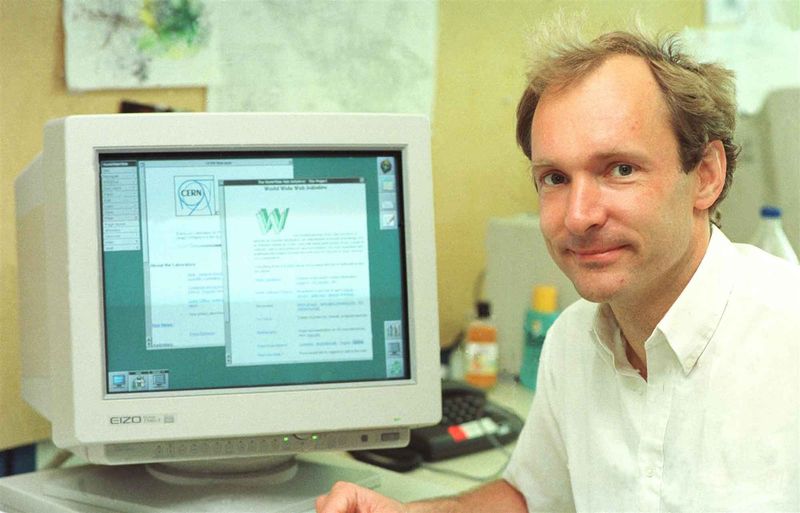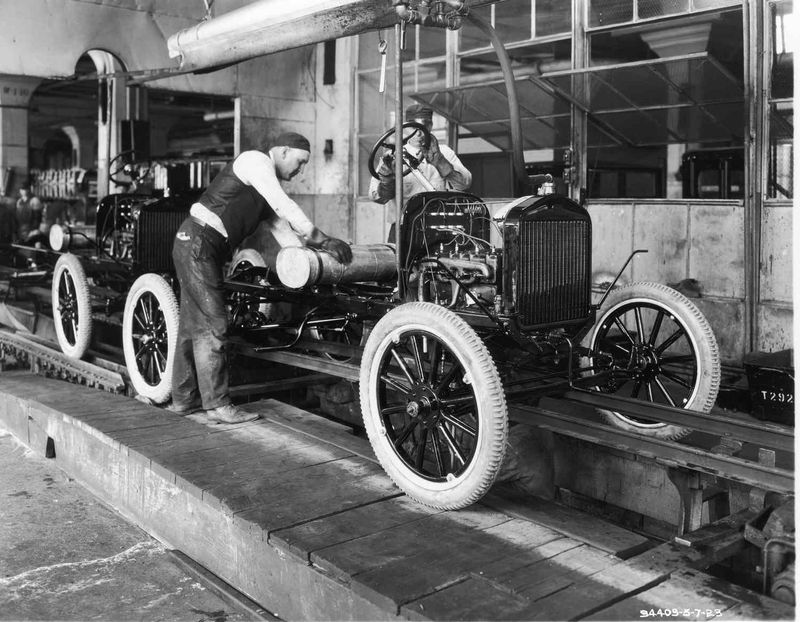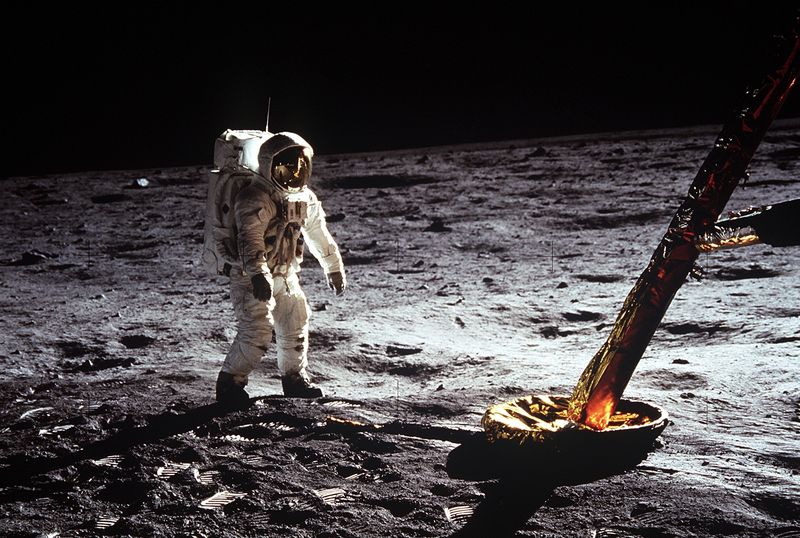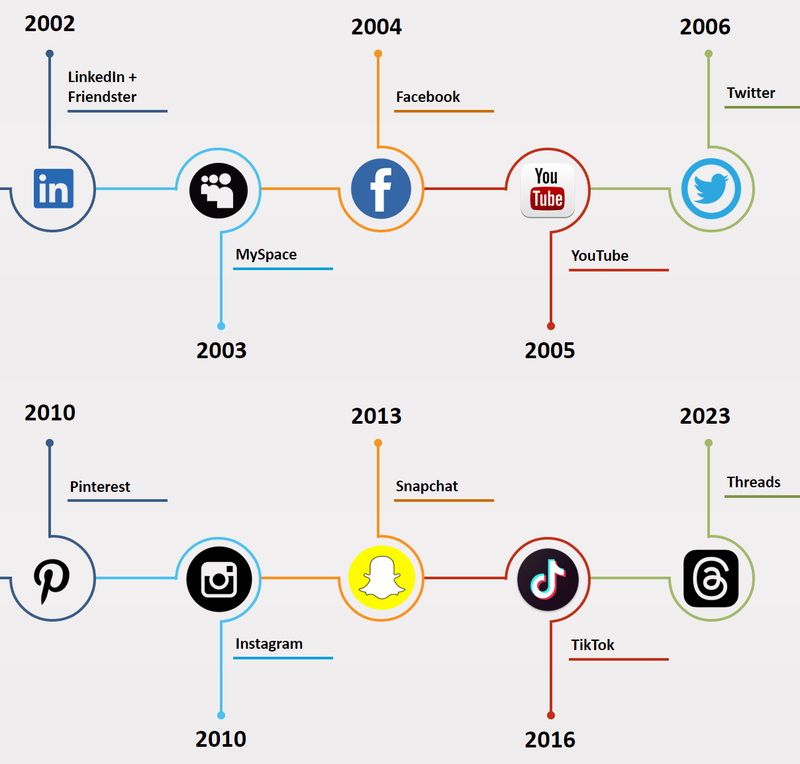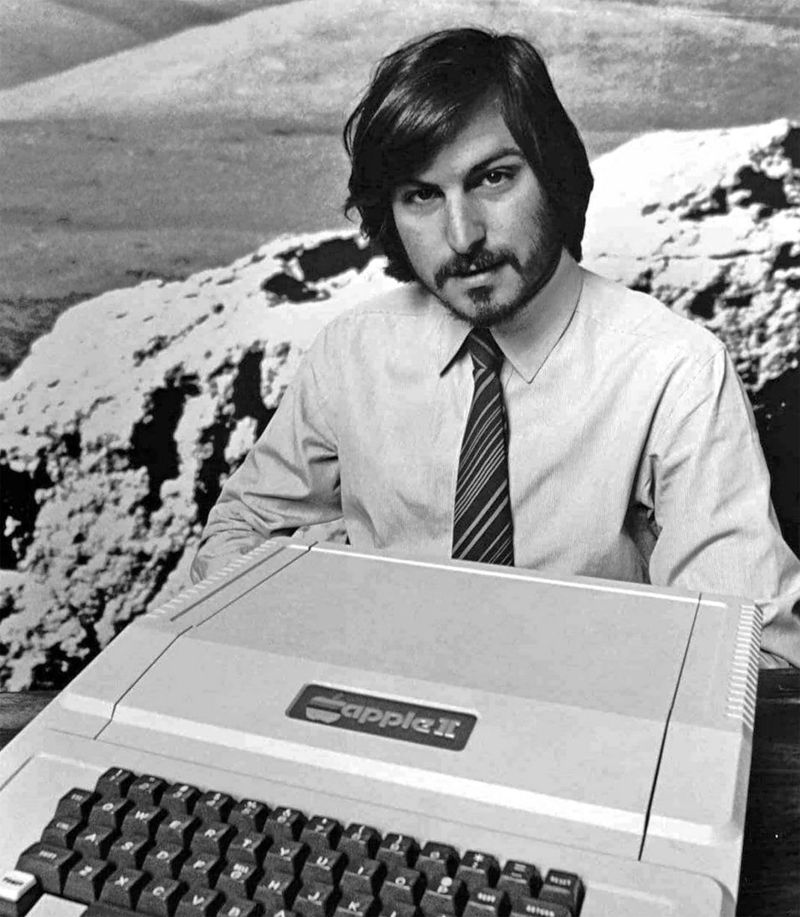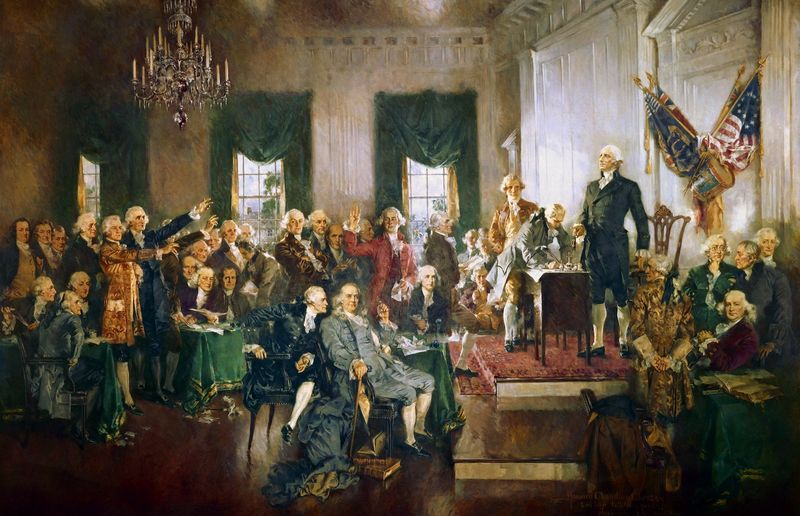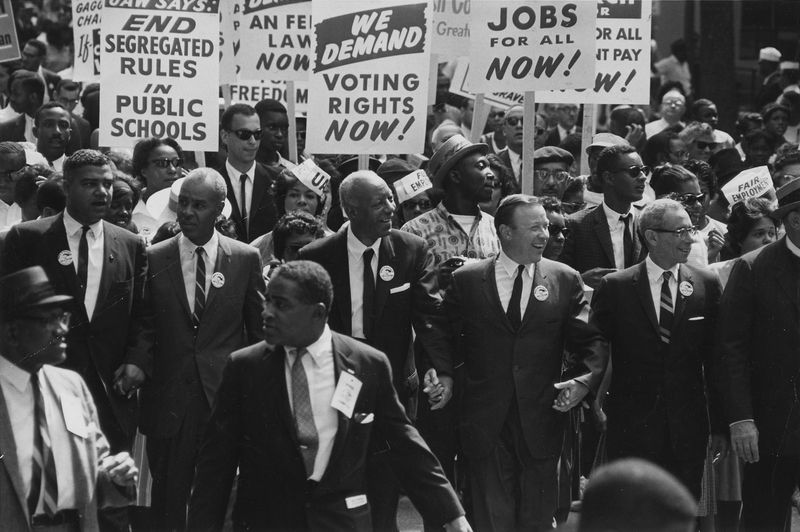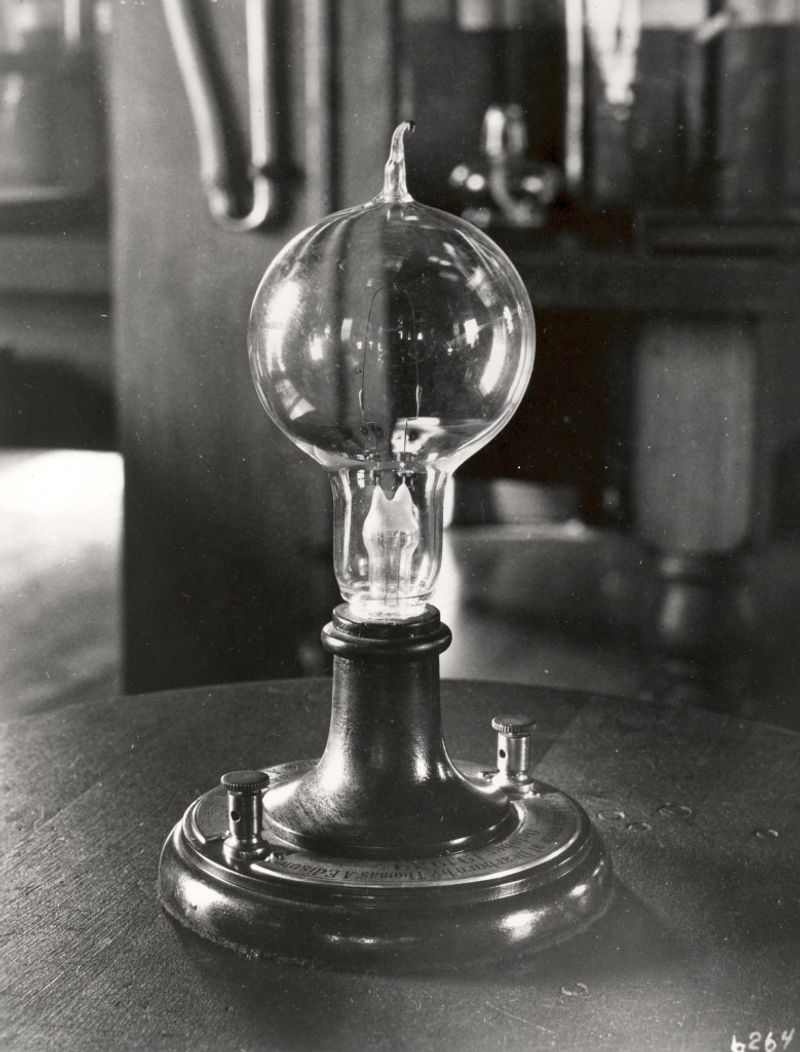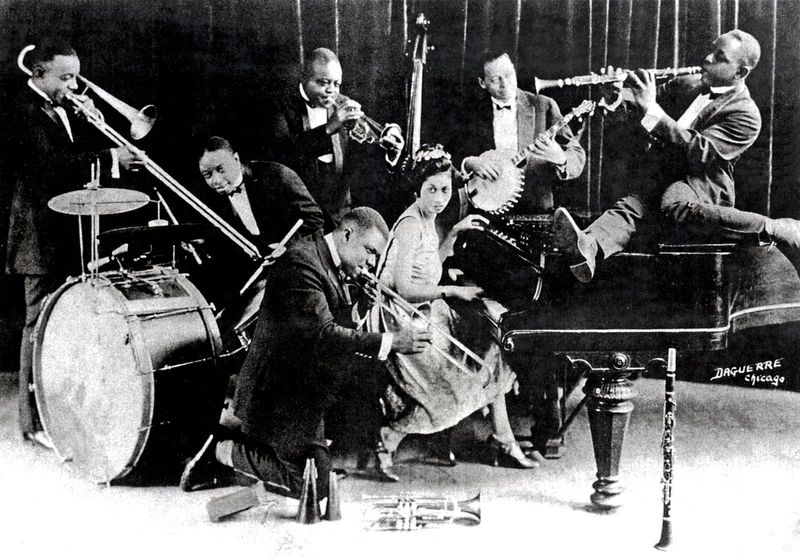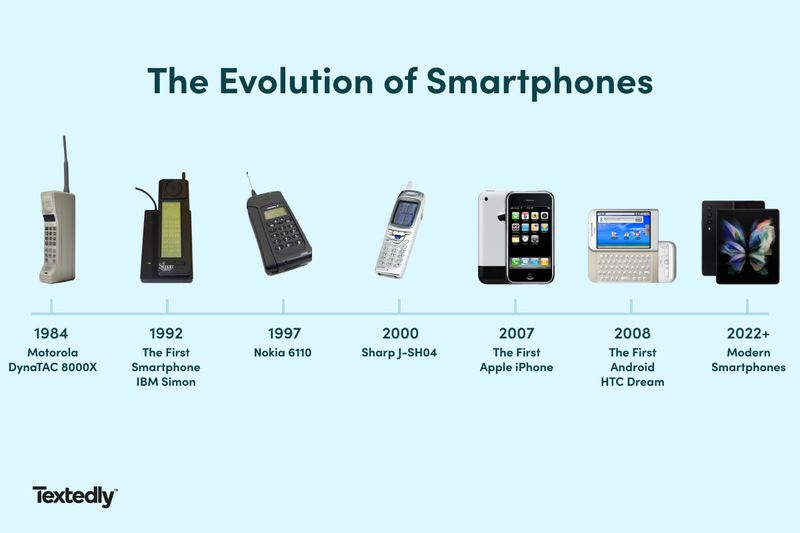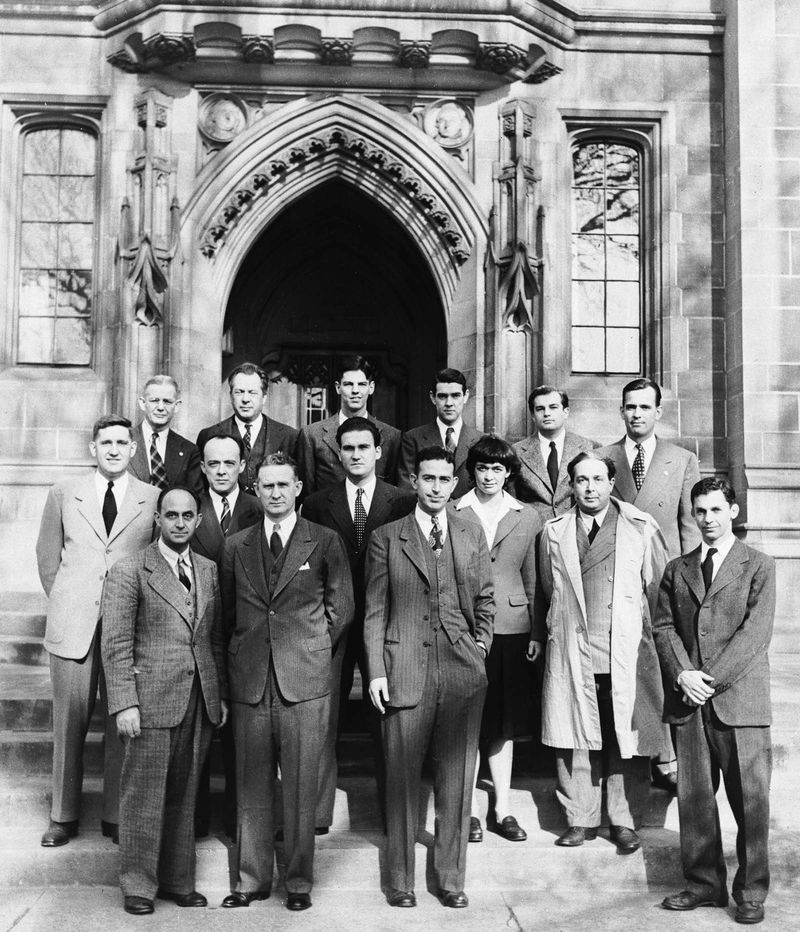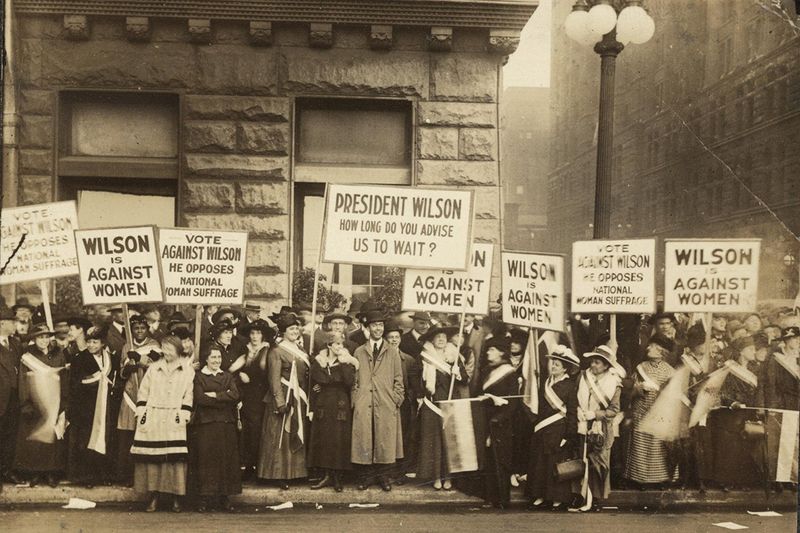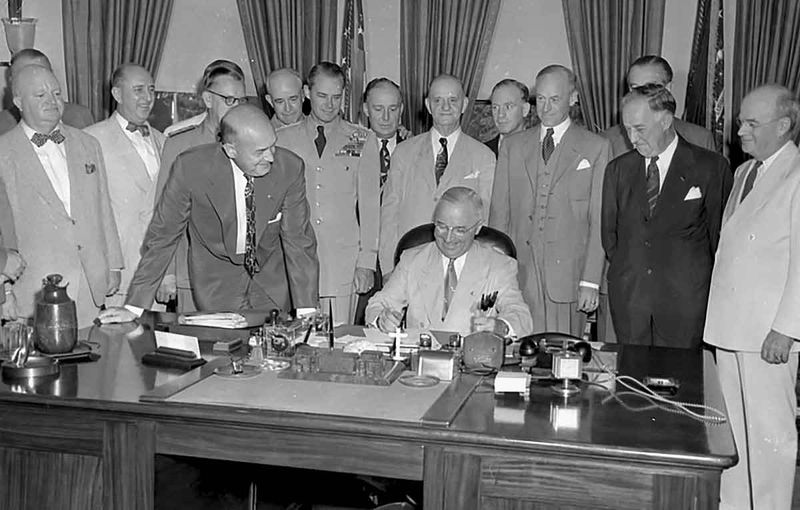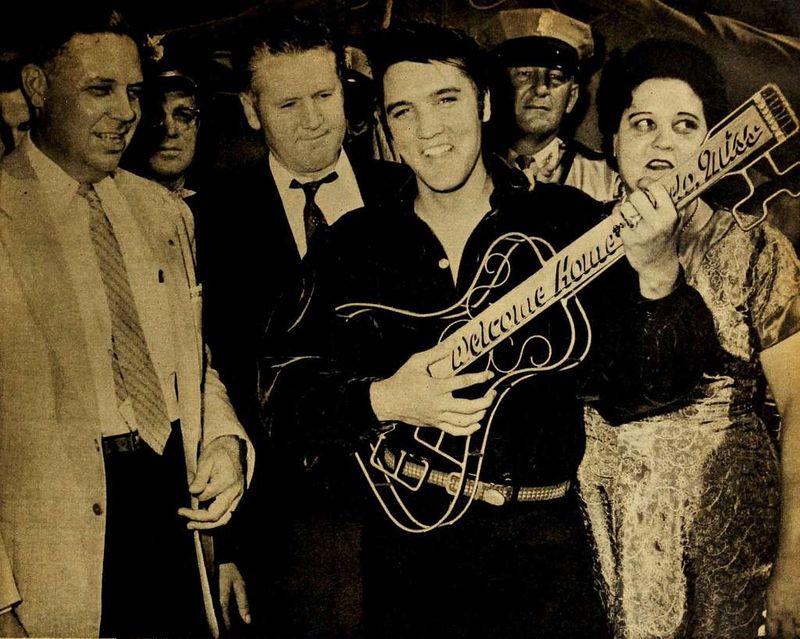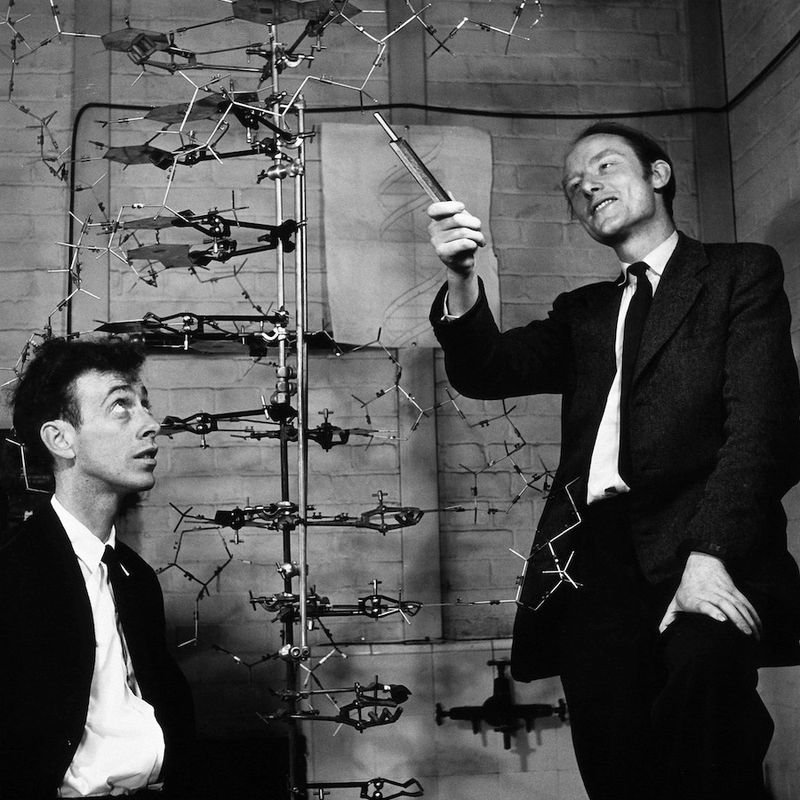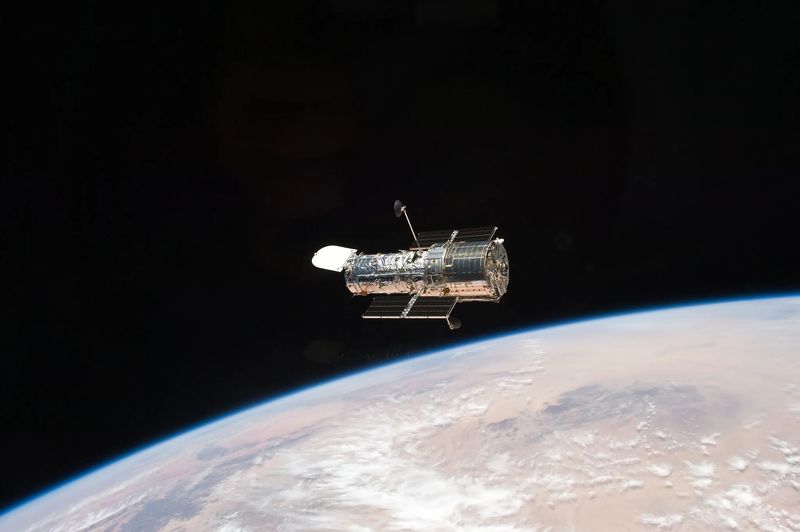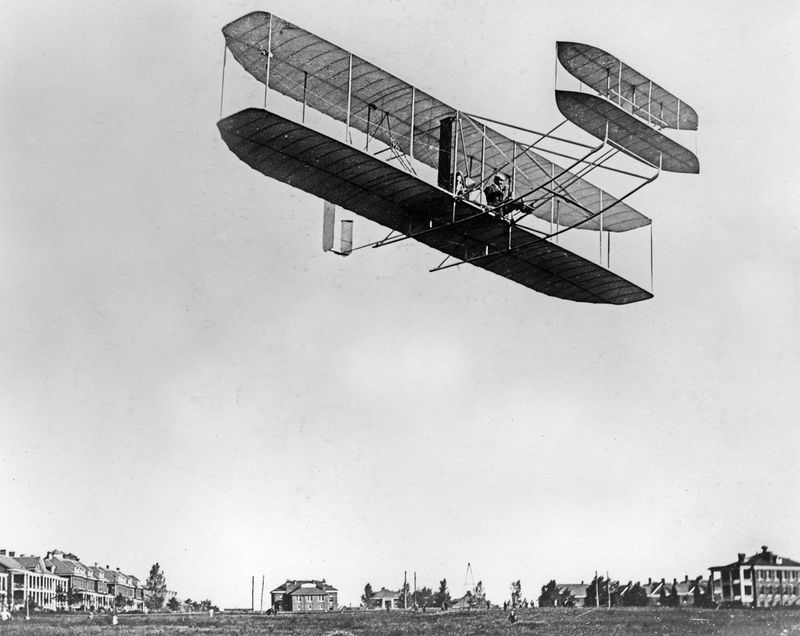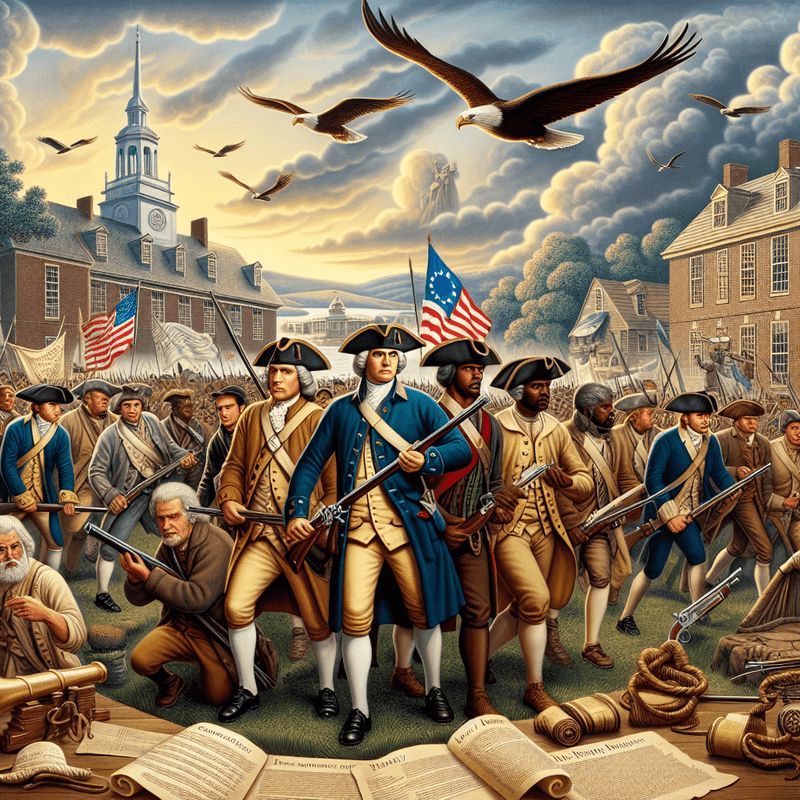Throughout history, Americans have consistently pushed the boundaries of innovation and creativity, leaving an indelible mark on the world.
From groundbreaking technological advancements to societal shifts that altered the way we live, American ingenuity has sparked global change time and again.
This blog post explores 25 instances where revolutionary ideas born in the United States transformed the global landscape.
These stories of innovation and vision serve as a testament to the power of thinking differently and the impact it can have on our world. Join us as we delve into these remarkable moments of creativity and transformation.
1. The Invention of the Internet
The invention of the internet is arguably one of the most transformative events of the 20th century. Initially developed by American researchers, the internet began as a way for the U.S. Department of Defense to share information.
The global impact was unforeseen at the time. In 1989, Tim Berners-Lee, a British scientist, invented the World Wide Web, building on these earlier innovations.
Today, the internet connects billions of people worldwide, revolutionizing how we communicate, work, and entertain ourselves. It has spawned entire industries and continues to be a catalyst for innovation across numerous fields.
2. Creation of the Assembly Line
Henry Ford’s introduction of the assembly line in 1913 revolutionized manufacturing, drastically reducing the time it took to build a car. This process not only made automobiles more affordable but also set the standard for production efficiency.
Ford’s innovation was not just about speed; it transformed labor practices and economic models globally. The assembly line concept quickly spread to other industries, leading to mass production of goods at unprecedented scales.
It paved the way for consumer goods to become widely available, changing consumption patterns and setting a foundation for modern economies.
3. The Moon Landing
The moon landing in 1969 marked a monumental achievement in human history. Spearheaded by NASA, this endeavor was not only a triumph of American ingenuity and determination but also a defining moment in the Space Race.
On July 20, 1969, Neil Armstrong became the first human to set foot on the lunar surface, followed by Buzz Aldrin. This event captivated the world, proving that humankind could explore beyond our planet.
The technological advancements from this mission have had lasting impacts, influencing everything from materials science to the development of satellite technology.
4. Innovation of Social Media Platforms
Social media platforms, pioneered by American companies like Facebook, Twitter, and Instagram, have revolutionized how we connect and communicate.
These platforms have reshaped the landscape of digital interaction, allowing people to share moments instantaneously across the globe.
The influence of social media extends beyond personal communication; it has become a critical tool for businesses, marketing, and social movements.
Despite its challenges, such as privacy concerns, social media’s role in democratizing information and creating communities worldwide cannot be overstated. This innovation continues to evolve, impacting politics, culture, and the way we perceive the world.
5. Development of the Personal Computer
The development of the personal computer revolutionized how we access and process information. Pioneers like Steve Jobs and Steve Wozniak, co-founders of Apple Inc., were instrumental in this technological leap.
The introduction of the Apple I in 1976 marked the beginning of a new era, where computing power became accessible to the individual. This shift empowered users to execute tasks that were previously confined to large, expensive machines used by corporations.
Personal computers have since become a ubiquitous tool in homes and workplaces, transforming industries and daily life by enabling faster, more efficient information processing.
6. Advancement of Electric Cars
Electric cars have been around for over a century, but it was American innovation that brought them to the forefront of the automotive industry.
Led by Tesla, under the guidance of Elon Musk, electric vehicles began gaining widespread popularity, offering an alternative to fossil fuel-dependent cars.
Tesla’s advancements in battery technology and autonomous driving have set new standards for performance and sustainability.
The impact of these developments is profound, as they contribute to reducing carbon emissions and dependence on non-renewable resources. The push for electric vehicles signifies a shift towards a more sustainable future.
7. Creation of the Constitution
The creation of the United States Constitution in 1787 was a groundbreaking moment in political history. It established a new framework for governance, balancing power among different branches to prevent tyranny.
This revolutionary document laid the foundation for modern democracy and has influenced countless other nations seeking to establish fair and just governance.
The Constitution’s principles of checks and balances, separation of powers, and individual rights continue to serve as a beacon of democratic ideals.
It remains a living document, adaptable to the changing needs of society while preserving its core values of liberty and justice.
8. The Civil Rights Movement
The Civil Rights Movement of the 1950s and 1960s was a pivotal moment in American history, challenging systemic racism and discrimination.
Led by figures like Martin Luther King Jr., the movement sought to end racial segregation and ensure equal rights for all citizens.
Through non-violent protests and strategic advocacy, significant legal and social changes were achieved, including the Civil Rights Act of 1964.
This movement not only transformed American society but also inspired global human rights movements. It continues to be a symbol of the fight for equality and justice, influencing social change worldwide.
9. Invention of the Light Bulb
The invention of the light bulb by Thomas Edison in 1879 is a landmark in technological history. This innovation revolutionized the way people lived and worked, extending productive hours beyond daylight.
Edison’s invention was not just about light; it catalyzed the growth of electric power distribution, leading to the modern electrical grid. The impact of the light bulb is profound, fostering urbanization and industrialization.
It laid the groundwork for countless other electrical innovations and remains a symbol of human ingenuity. This simple yet powerful device continues to illuminate lives and industries around the world.
10. The Rise of Jazz Music
Jazz music, with its roots deeply embedded in African American culture, emerged as a revolutionary artistic movement in the early 20th century.
Pioneers like Duke Ellington and Louis Armstrong led this cultural renaissance, blending various musical traditions into a new, dynamic form. Jazz broke conventional musical boundaries, introducing improvisation and syncopation.
Its influence spread globally, impacting music genres from rock to classical. Jazz not only transformed the musical landscape but also played a significant role in the cultural integration and expression of African American identity.
It remains a timeless genre that continues to inspire artists worldwide.
11. Development of the Smartphone
The development of the smartphone has significantly reshaped how we interact with technology and each other. Apple’s introduction of the iPhone in 2007, led by Steve Jobs, marked a turning point in mobile communication.
By combining a phone, internet browser, and multimedia player, the iPhone revolutionized the tech landscape. This innovation spurred a wave of new devices and applications, transforming industries from entertainment to healthcare.
Smartphones have become an integral part of daily life, providing unprecedented access to information and connectivity. They continue to evolve, driving advancements in technology and changing how we live and work.
12. The Manhattan Project
The Manhattan Project, a top-secret initiative during World War II, culminated in the development of the atomic bomb. This monumental project brought together the brightest scientific minds of the time in a race against Nazi Germany.
The successful detonation of the first atomic bombs in 1945 marked a new era in warfare and international relations. While its use on Hiroshima and Nagasaki remains controversial, the project underscored the power of scientific collaboration.
It prompted ethical discussions about nuclear energy and led to the establishment of international non-proliferation treaties, shaping the geopolitical landscape for decades.
13. The Rise of Silicon Valley
Silicon Valley, located in California, emerged as the epicenter of technological innovation in the latter half of the 20th century. Home to giants like Apple, Google, and Intel, the region has been instrumental in shaping the digital age.
The collaborative environment and access to venture capital spurred a culture of entrepreneurship and innovation. Silicon Valley’s impact is global, driving advancements in computing, telecommunications, and biotechnology.
This technological hub continues to influence the way we live and work, fostering new ideas and businesses that challenge conventional industries and pave the way for future innovations.
14. The Women’s Suffrage Movement
The Women’s Suffrage Movement in the United States was a pivotal campaign for gender equality, culminating in the ratification of the 19th Amendment in 1920.
This achievement was the result of decades of activism by leaders like Susan B. Anthony and Elizabeth Cady Stanton, who tirelessly advocated for women’s right to vote.
The movement not only secured voting rights for women but also laid the groundwork for future gender equality initiatives.
It highlighted the importance of civic engagement and inspired other nations to address gender disparities, marking a significant step towards global equality.
15. The Marshall Plan
The Marshall Plan, officially known as the European Recovery Program, was an American initiative to aid Western Europe after World War II. Launched in 1948, it provided over $12 billion to help rebuild economies and prevent the spread of communism.
This strategic investment fostered economic stability and growth, paving the way for European integration and cooperation. The Marshall Plan is credited with revitalizing war-torn nations and establishing a foundation for modern Europe.
It exemplifies how American foreign policy can influence global development and underscores the importance of international collaboration in promoting peace and prosperity.
16. The Birth of Rock ‘n’ Roll
The birth of rock ‘n’ roll marked a seismic shift in music and cultural history. Emerging in the 1950s, this genre combined elements of blues, jazz, and country, captivating the youth and challenging societal norms.
Pioneers like Elvis Presley and Chuck Berry became cultural icons, using music to break racial barriers and inspire a generation. Rock ‘n’ roll’s influence extended beyond music, impacting fashion, language, and attitudes.
It became a powerful tool for social change, reflecting the aspirations and frustrations of the times. Today, its legacy endures, continuing to inspire artists and audiences worldwide.
17. The Discovery of DNA Structure
The discovery of the DNA double helix by James Watson and Francis Crick in 1953 revolutionized the field of genetics.
This breakthrough provided insights into the fundamental building blocks of life, paving the way for advancements in biology, medicine, and biotechnology.
Understanding DNA’s structure has led to innovations in genetic engineering, personalized medicine, and forensic science. The implications of this discovery are vast, influencing research and ethics in life sciences.
The study of DNA continues to unravel the complexities of heredity and disease, offering new possibilities for treating genetic disorders and improving human health.
18. The Launch of the Hubble Space Telescope
The launch of the Hubble Space Telescope in 1990 marked a significant advancement in astronomical exploration. As a joint project between NASA and the European Space Agency, Hubble provided unprecedented views of the universe.
Its high-resolution images have transformed our understanding of space, revealing the existence of dark energy and the rate of universe expansion. Hubble’s discoveries have inspired a new generation of scientists and sparked public interest in astronomy.
This space telescope continues to operate, providing valuable data that shapes our knowledge of the cosmos and our place within it.
19. The Green Revolution
The Green Revolution, spearheaded by American agronomist Norman Borlaug, transformed global agriculture in the mid-20th century.
Through the development of high-yield crop varieties and advanced farming techniques, Borlaug’s efforts increased food production worldwide. This agricultural leap helped alleviate hunger and improve food security in developing nations.
The Green Revolution’s impact is profound, lifting millions out of poverty and setting the stage for sustainable farming practices.
It underscores the importance of scientific innovation in addressing global challenges and continues to influence agricultural policies and practices around the world.
20. The Founding of the United Nations
The founding of the United Nations in 1945 marked a new era of international diplomacy and cooperation. Formed in the aftermath of World War II, the UN was established to promote peace, security, and human rights globally.
This initiative brought together countries from around the world to address pressing global issues collaboratively. The UN has played a crucial role in conflict resolution, humanitarian aid, and environmental protection.
Its establishment underscored the importance of multilateralism and continues to serve as a platform for dialogue and action, striving to create a more just and peaceful world.
21. The Invention of the Airplane
The invention of the airplane by the Wright brothers in 1903 revolutionized transportation and global connectivity. Their successful flight at Kitty Hawk marked the dawn of aviation, opening new possibilities for travel and commerce.
Airplanes have since become a vital part of modern life, facilitating international trade, tourism, and cultural exchange. This remarkable innovation transformed the way we perceive distance, bringing the world closer together.
The aviation industry continues to evolve, with advancements in technology and sustainability shaping the future of air travel and its role in connecting people across the globe.
22. The Development of the Polio Vaccine
The development of the polio vaccine by Jonas Salk in the 1950s was a monumental achievement in medical history. Polio, a devastating disease causing paralysis and death, was effectively controlled through Salk’s vaccine.
This breakthrough not only saved countless lives but also demonstrated the power of scientific research in combating infectious diseases. The successful eradication of polio in many parts of the world highlights the importance of vaccination programs.
Salk’s work paved the way for future vaccines, contributing to global health and emphasizing the need for continued investment in medical research and innovation.
23. The Creation of Hollywood
The creation of Hollywood as the epicenter of the film industry transformed entertainment and popular culture. In the early 20th century, filmmakers flocked to California, drawn by its favorable climate and diverse landscapes.
Hollywood quickly became synonymous with cinematic innovation, producing iconic films and stars. This cultural hub has shaped global entertainment, influencing fashion, language, and societal trends.
Hollywood’s impact extends beyond movies, driving advancements in technology and special effects. The film industry continues to evolve, reflecting changes in society and inspiring audiences worldwide, solidifying Hollywood’s status as a cultural powerhouse.
24. The American Revolution
The American Revolution was a pivotal event that reshaped the political landscape of the 18th century. Driven by the desire for independence from British rule, the revolutionaries fought for self-governance and freedom.
Under the leadership of figures like George Washington, the colonies triumphed, resulting in the establishment of the United States. This struggle for independence inspired other nations to pursue self-determination and democracy.
The American Revolution laid the foundation for modern republics, emphasizing the principles of liberty and equality. Its legacy endures, influencing political movements and the quest for freedom globally.
25. The Rise of Hip Hop Culture
Emerging from the streets of the Bronx in the 1970s, hip hop culture revolutionized music, art, and social dynamics. Rooted in self-expression and social commentary, it quickly spread across the United States and beyond, becoming a global cultural phenomenon.
Hip hop’s impact extends beyond music, influencing fashion, language, and lifestyle. It provided a voice for marginalized communities, addressing social and political issues through powerful lyrics and performances.
Today, hip hop continues to evolve, with artists from around the world contributing to its dynamic and diverse landscape. This American innovation has left an indelible mark on global culture, promoting creativity and unity.
